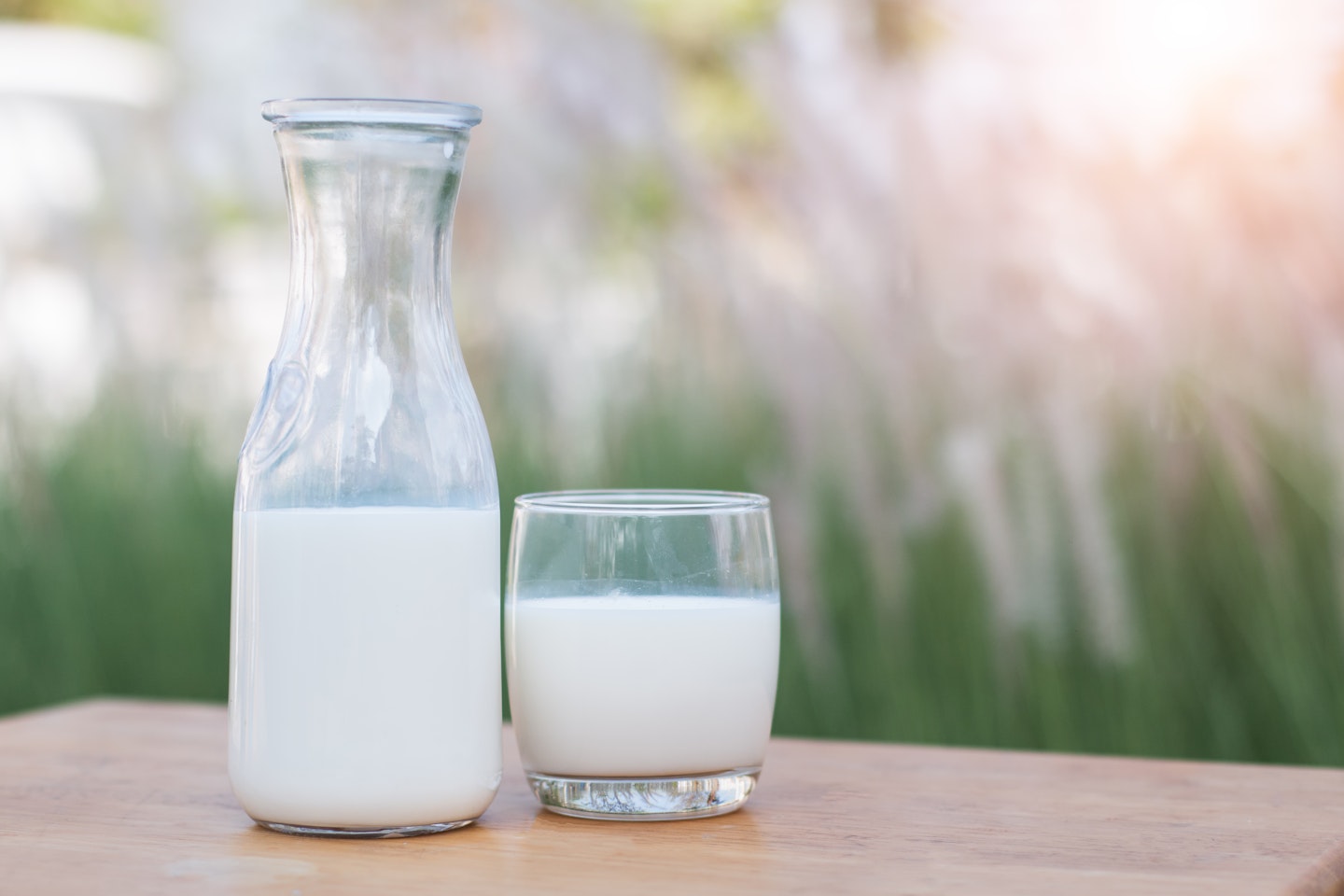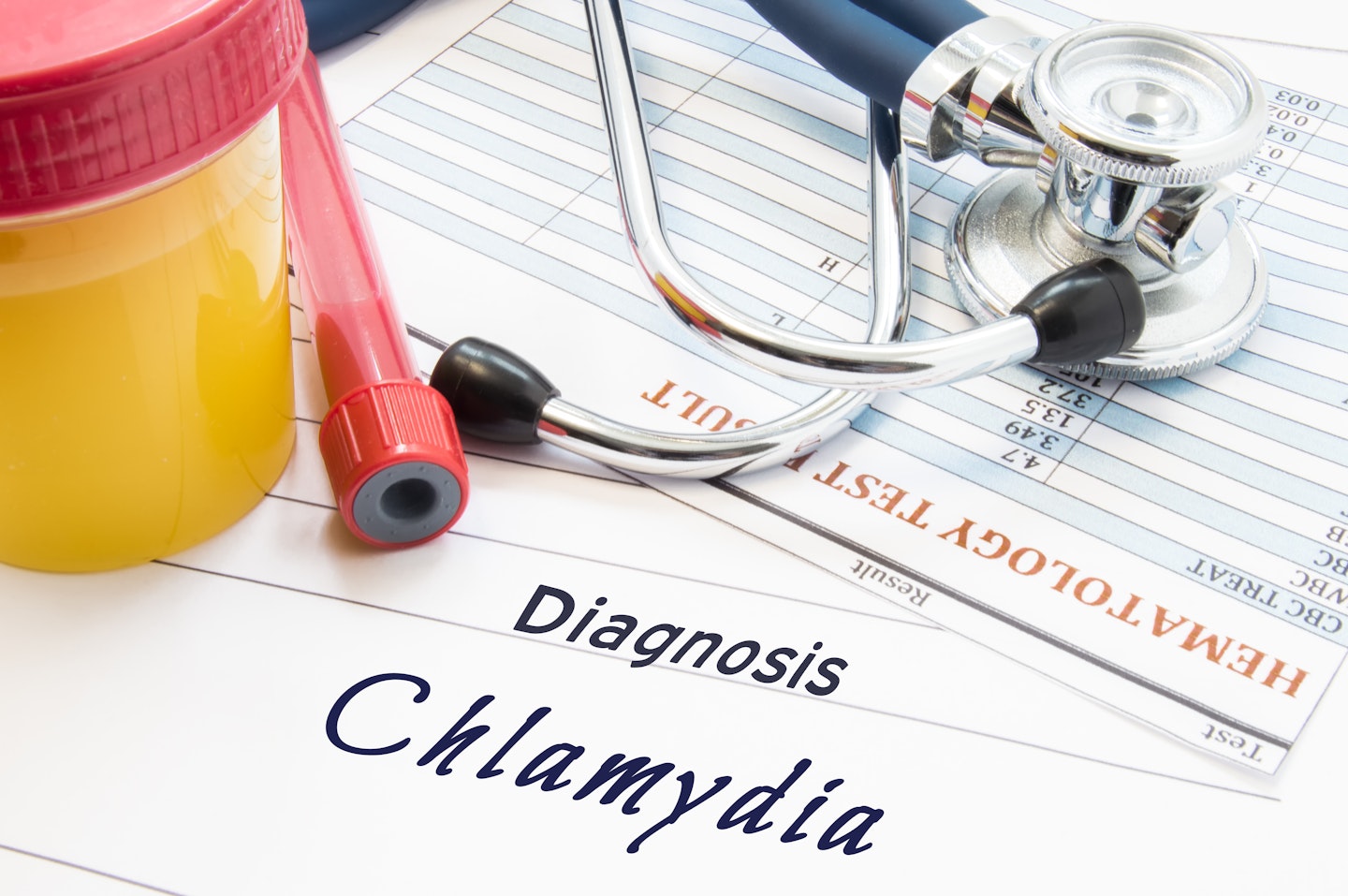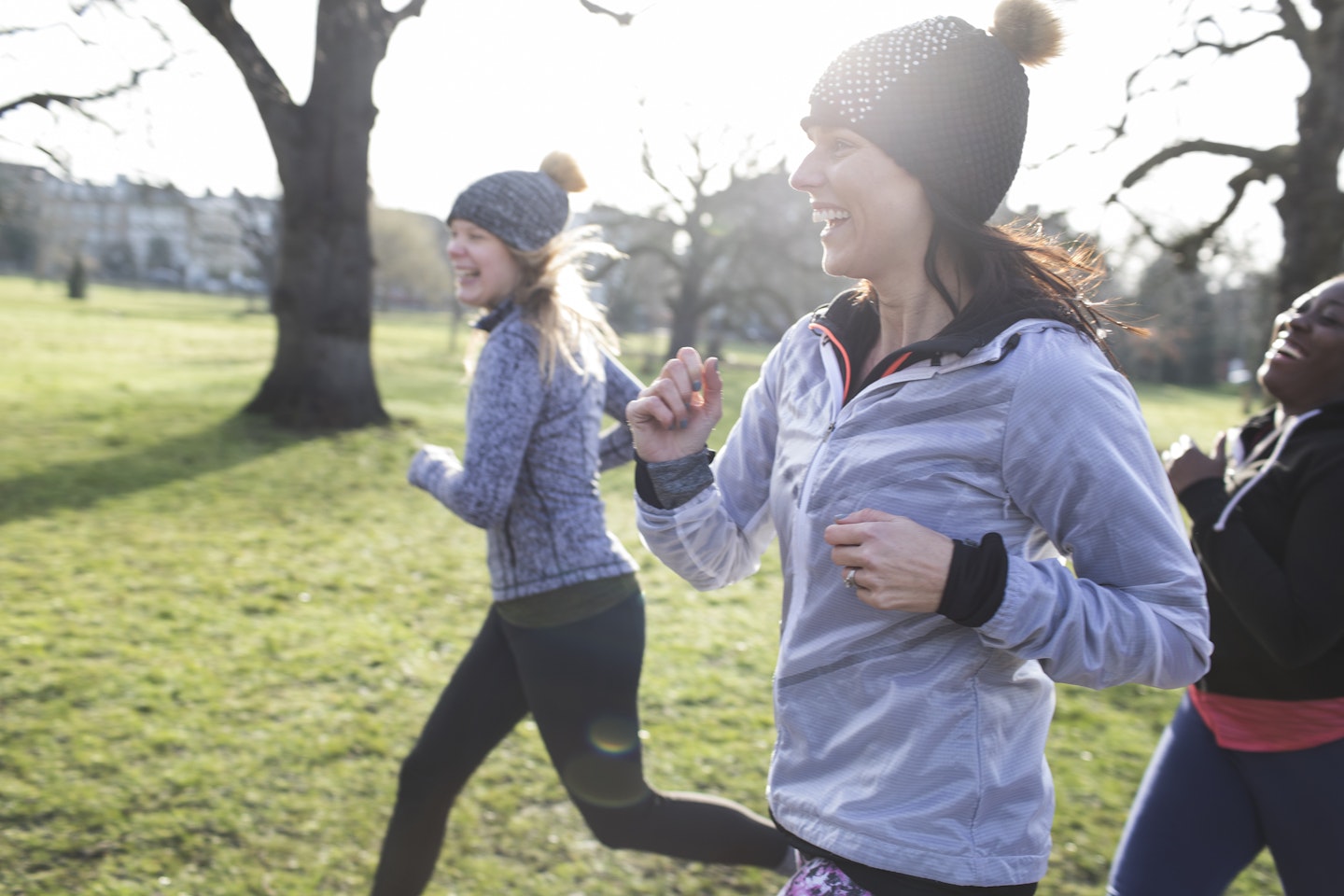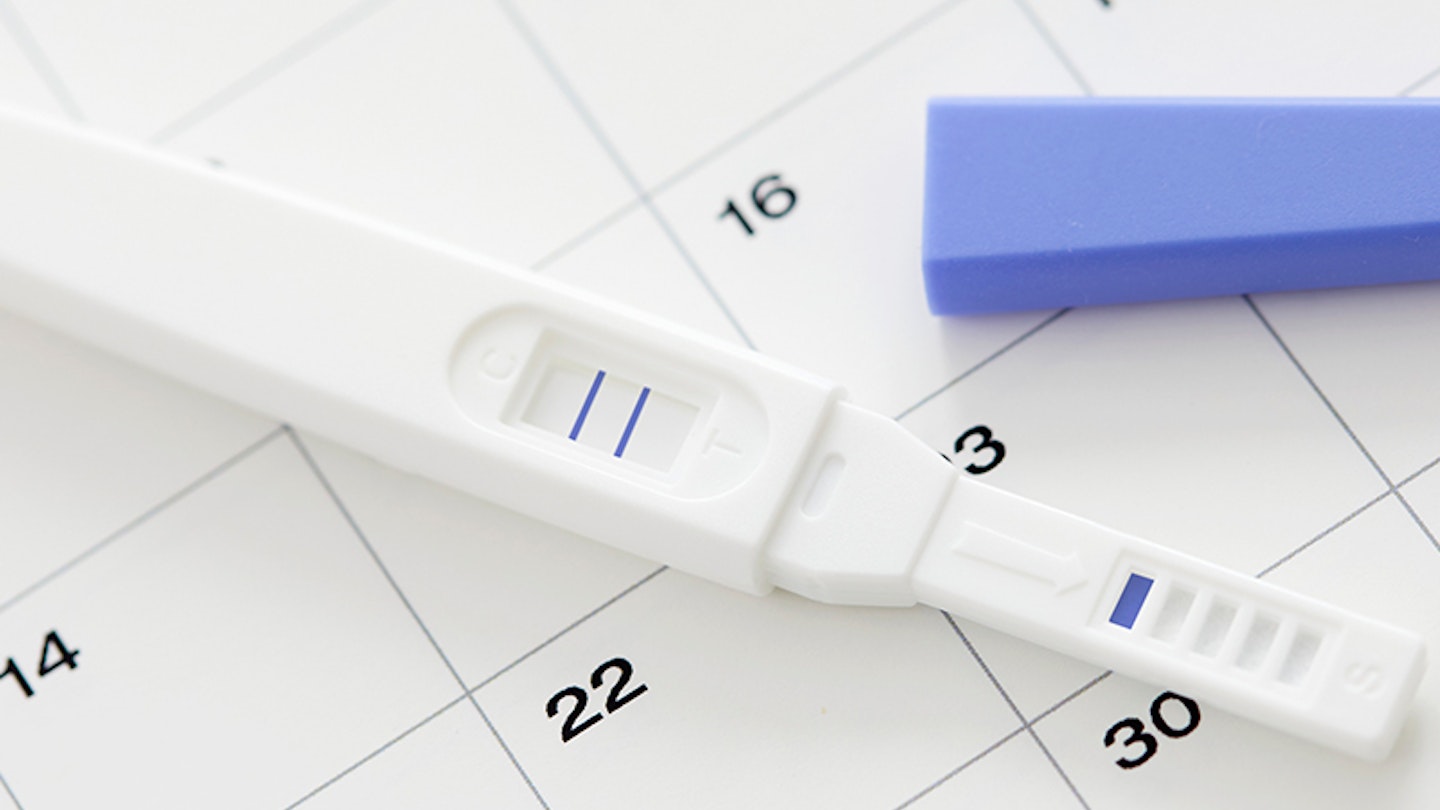If you're trying for a baby and finding that things aren't happening as quickly as you first imagined - don't panic!
The NHS website statesit may take up to two years to conceive and that's completely normal, 'More than 80% of couples in the general population will conceive within 1 year if they don't use contraception and have sex regularly (every 2 or 3 days). Of those who don't conceive in the first year, about half will do so in the second year.'
However, there are a few natural ways to boost fertility to follow if you're looking to increase your fertility and help you become pregnant faster.For example, did you know, simple diet and lifestyle swaps canincrease your chances of falling pregnant by up to 69%?
Fertility Consultant Dr Amin Gorgy gives his top 10 tips on boosting your fertility:
Natural ways to boost fertility
 1 of 10
1 of 101) Take part in relaxing activities such as yoga and meditation
These particular activities can lead to a better understanding of and respect towards the body, encouraging healthier lifestyle habits. This, combined with the de-stressing benefits of yoga and meditation, may play a part in helping conception.
 2 of 10
2 of 102) Eat a good breakfast
Findings published in the journal Clinical Sciencefound that women with menstrual irregularities who consumed their largest meal at breakfast experienced an increase in fertility levels. Be advised that this should always be a healthy breakfast, as your body needs a nutrient-rich diet in order to create the best environment for a baby.
 3 of 10
3 of 103) Drink milk for its calcium and vitamin D benefits
A 30-year study, conducted by the University of Massachusetts Amherst's School of Public Health and Health Sciences and Harvard University, showed that women with a high intake of dietary calcium and vitamin D experienced slower ovarian ageing.
 4 of 10
4 of 104) Have fun with your partner
There can be a lot of stress associated with reproductive sex, and high levels of stress can result in a longer time-to-pregnancy, as well as an increased risk of infertility.
 5 of 10
5 of 105) Ensure your partner receives a healthy, well-rounded diet too
While it’s important for women to maintain a nutritionally rich diet while trying to conceive, this is also important for men. In particular, zinc and folic acid have been shown toincrease sperm count.
 6 of 10
6 of 106) Take an STD test
Chlamydia and gonorrhoea can lead to infertility in both men and women, so it is important to get tested to determine whether you have an STD. If you discover that you do have an STD, get treated as soon as possible so that you can increase your chances of getting pregnant.
 7 of 10
7 of 107) Exercise regularly
Maintain a stable exercise routine. Exercising at an optimum rate for your body type and ability will help you become stronger, preparing your body for pregnancy, but excessive exercise can reduce the chance of regularly ovulating every month and hence lower the chances of conceiving, so exercise in moderation.
 8 of 10
8 of 108) Stop smoking
Smoking significantly increases the time it takes to get pregnant, and even passive smoking has a detrimental effect on both the male and female reproductive system, so it is best to avoid situations where you may be tempted to smoke or likely to intake large amounts of passive smoke.
 9 of 10
9 of 109) Cut back on alcohol
Consuming alcohol can reduce the chance of conception for women by over 50%. Even a moderate alcohol intake of five drinks or less per week may contribute to the risk of certain types of infertility. In men, excessive alcohol consumption interferes with hormone levels, affecting sperm quality and production.
 10 of 10
10 of 1010) Reduce stress
While stress affects everybody differently, in extreme circumstances it does have the potential to negatively impact the female reproductive system and can be associated with ‘lower fecundity’ or fertility potential. There are many ways to reduce stress, such as lessening your workload, meditating or finding a support network. These may aid you in your conception efforts.
Meet the expert: Dr Amin Gorgy, Fertility Consultant, The Fertility & Gynaecology Academy
Related: Try our free ovulation calculator!
Popular articles to read next
Fertility foods: Naturally boost fertility to help you conceive
